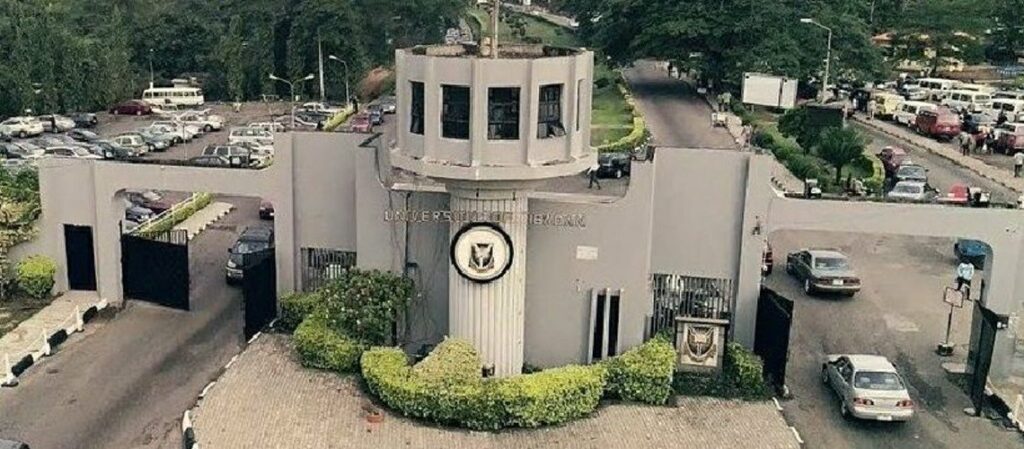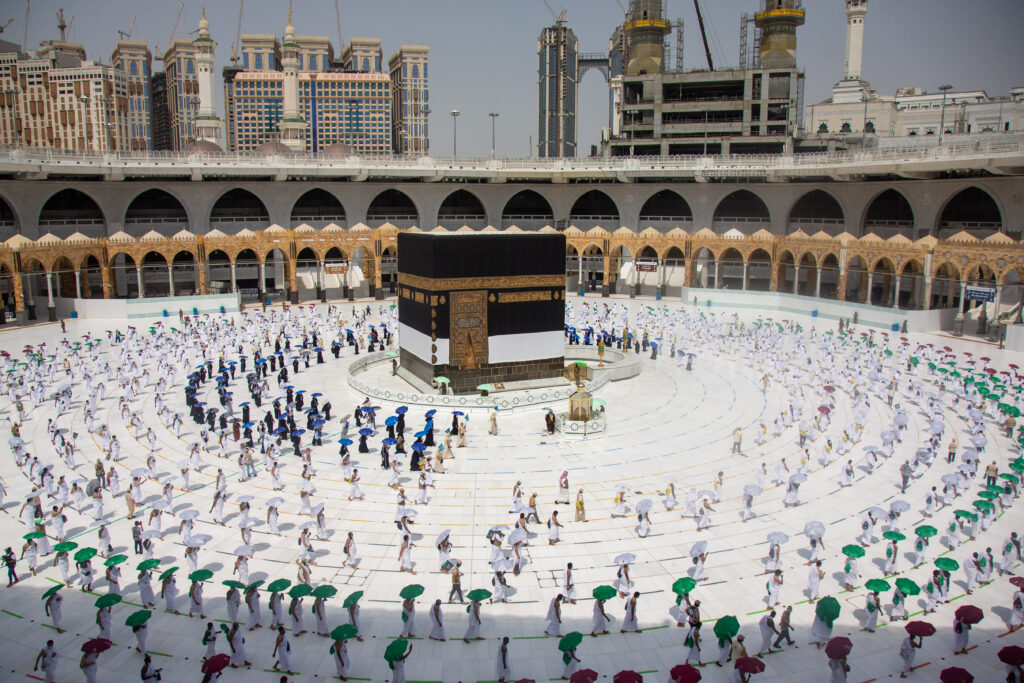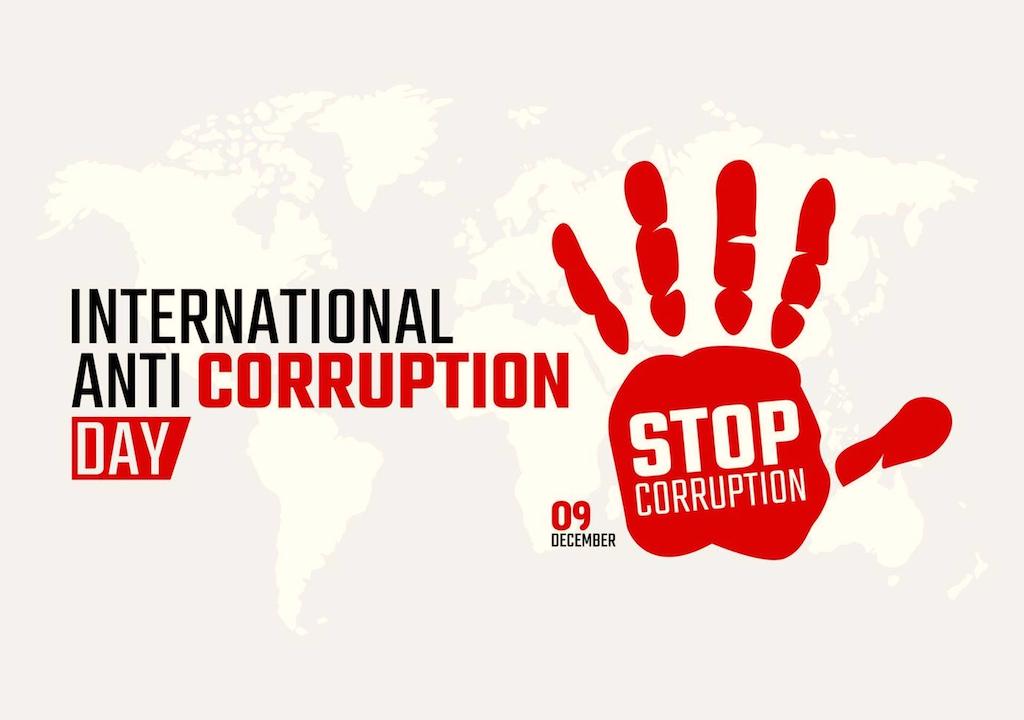So, the University of Ibadan, at 70, the nation’s premier, will now act as the proverbial lamp lacking the capacity to see its own underside? What has happened to all the promises of the supposed progress made in peace and conflict studies, for which it has no rival in Nigeria? What has happened to the impression it keeps flaunting to the world on the rare capacity of the peace and conflict studies team? Is the University of Ibadan (U.I.) no longer part of the SPSP, which is the exclusive preserve of peace and conflict scholars and practitioners? What has happened to all the exposure and collaborations? How can hijab haters be allowed to make a mess of Africa’s foremost peace scholars and practitioners?
Fate beckons to U.I. It beckons to the distinguished scholar and ingenious administrator at the helm of its affairs, Professor Abel Idowu Olayinka, who is reputable to be a fair-minded and all-time modest person. I can testify to all these, but that would be later in this same intervention.
The raging controversy over hijab at the International School, Ibadan (ISI), is unfortunately adding to the mounting pressure on the incumbent administrators of the institution. I resist adopting a stronger but seemingly more appropriate expression for the hijab struggle as a biased U.I. alumnus. What is it with hijab at ISI, owned by U.I. as a private institution? An hijabite won’t be admitted into U.I. and other tertiary institutions in Nigeria? Hijab has a self de-recommending history? Common U.I. must have transcended this pettiness! There are more fundamental issues for U.I. to address urgently.
U.I.’s leadership in the tertiary education sector in Nigeria is being keenly contested and it has, in fact, been overtaken. And it didn’t start with Professor Olayinka’s leadership. As a stakeholder in the education sector and respectable consultant to the Joint Admissions and Matriculation Board (JAMB), I was at the Gbongan meeting convened for stakeholders on June 26, 2018. A major issue that arose from the admission pattern of many Nigerian universities was de-internationalisation. U.I. was openly declared guilty. It is no longer opening its doors to international students and therefore international values and by extension, resources. And diversity, of course.
Today, according to the nation’s public service’s most visible icon of integrity, who is also the registrar and chief executive of JAMB, Professor Ishaq Oloyede, the University of Ilorin is the most international university in Nigeria today. I was happy for the University of Ilorin as a distinguished alumnus and proud parent of a current student.
One’s natural queries about this status of Unilorin are regularly answered by the institution: It is home to the highest number of senior advocate of Nigeria (SAN) law lecturers. Perhaps more than any other university in the country, it attracts international grants for research and other developmental activities. It may interest you that it emerged as one of the African Centres of Excellence (ACE), enabling it to also attract millions of dollars for more functional and timeous research activities. Yes, as its own support for peace in the country and resistance to menacing experiences, such as that which Boko Haram is inflicting on us, Unilorin recently announced its breakthrough on the bullet proof vest and has even gone ahead to sign memorandum of understanding with the Nigerian Army. This means more money and more recognition! What will it cost the Nigerian Army to extend its collaboration to the University of Ilorin’s Strategic Studies programme, a feat University of Ibadan celebrated recently?
As a University of Ibadan postgraduate student, I had been invited for an award by University for Peace in Ethiopia in 2009. Beyond ordinary television features, I had encountered and interacted with Ethiopian ladies decently decked in hijab. My Islamic consciousness welled up to reckon with most of them as muslims. Ethiopia today is a leading light in Africa, having produced another female president. When will the ISI administrators be exposed to cultures that would enable them appreciate the diversity that will keep pervading the world? Have they not heard of Amina Mohamed, our fellow Nigerian, always with her hijab, who is now a top player in the United Nations (UN)? Shouldn’t they start thinking of inviting diverse motivational speakers to inspire their students? And the university community, present and past, has this in abundance.
Stories and actions of inspiration and tolerance abound at the University of Ibadan, which owns ISI and which ISI must learn from. Those who may choose to hang on to their conservatism should not be encouraged to think they still have relevance in the community, especially under Professor Olayinka. And I return to his story.
Professor Olayinka was the dean of the Postgraduate School when I applied for my doctoral programme in Media and Conflict Studies. The result of the master’s programme I had submitted was from the University of Leicester in United Kingdom, where I was a distinguished British Chevening Scholar. Somehow, because it was one of the few international submissions, the reckoning was that it presented some difficulty in interpretation. It therefore had to be kept apart. In spite of the fact that I had a PhD grade, my name didn’t feature in the first list. My brother, friend and teacher, Sola Olorunyomi was surprised but felt caution and dialogue, now missing in the ISI context, should be explored. He reported back to me to say that “it took the personal intervention of the dean fah”. He insisted I should call Professor Olayinka for taking the pains to resolve my matter. I called my dean and notwithstanding the fact that mine was not a familiar telephone number to him, he picked it and we exchanged pleasantries. I also registered my deep gratitude.
Must Olayinka be made to stoop to drain pains at all times? This fine administrator has competent lieutenants in abundance, including my benefactor and able professor of Peace Studies, Isaac Olawale Albert, as well as another brother and friend, Professor Abideen Aderinto, a deputy vice chancellor.
University of Ibadan is too endowed to be pulled back by ISI administrators who probably need more education in diversity and diasporic knowledge, both of which are available and as leader programmes in the University.
Beyond intervening in my admission matter, Dr. Olorunyomi is a model in diversity management. Not too long ago, he and his late wife played host to a niqab-wearing sister and her hubby at their Kongi Layout residence in Ibadan for a long time. The Olorunyomis had plastic kettles for ablution in the house and had to remind me of times for salat. What else do ISI administrators need to learn from? They should start their lesson with the history of the desegregation of schools for black and white children in the United States. Diversity has come to birth and develop at ISI.



Great write-up sir.
I think university of Ibadan being one of the frontline in peace making should not just accept any rule made by mere hijab haters, just as the writer indicate how much significance is placed on U.I should hijab haters rule the administration of that great citadel.in my own point I think the university itself including lecturers student and stake holders should be enlightened on diversification of culture and and diasporic knowledge. So that the university could carry on with its peace flag.
The University of Ibadan has faced a perceived decline, largely attributed to controversies surrounding hijab issues at the International School, Ibadan (ISI), as well as challenges related to internalization and diversity. To maintain its distinguished status in Nigeria’s academic landscape, the university’s response, including that of ISI administrators, becomes crucial. Embracing diversity and fostering inclusive leadership within the community are imperative for sustaining the progress of education standards in Nigeria, especially at the University of Ibadan, renowned as the premier institution for peace and conflict studies in the country.